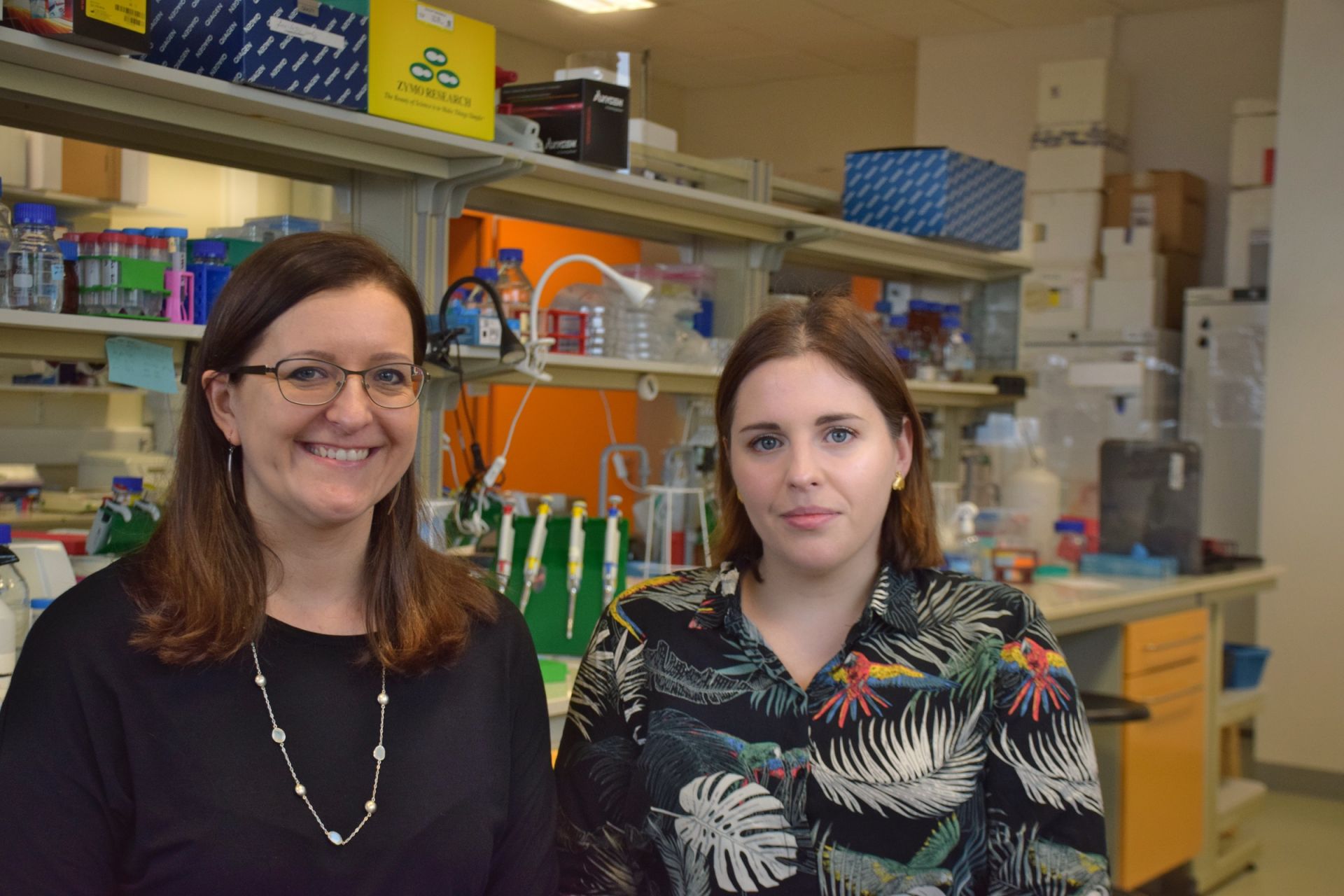The European Research Council has awarded Proof of Concept grants. One of the recipients is Prof. Kinga Kamieniarz-Gdula from the Adam Mickiewicz University, laureate of our SONATA BIS programme.
Thanks to ERC funding, the researcher who specialises in research on gene-ends will carry out the project Improving cancer therapy by identification of novel drug leads modulating transcription termination bridging molecular biology and therapeutic applications. The researcher hopes to discover new and more effective therapies for cancer patients.
The ERC Proof of Concept grant is dedicated to researchers who have already won an ERC grant (Starting, Consolidator or Advanced). It is a chance for those who want to verify whether their discoveries can be applied in practice. It provides an opportunity to develop the project and explore its potential beyond the laboratory. Prof. Kinga Kamieniarz-Gdula received her Starting Grant ERC in 2022 for the research entitled Alternative gene ends: the crosstalk of RNA cleavage and transcription termination. She is also a winner of a SONATA BIS NCN call and an EMBO Installation Grant.
The search for new drugs that influence the choice of where a gene ends
 Prof. Kinga Kamieniarz-Gdula and Dr Martyna Plens-Gałąska, photo by Apoorva Shrivastava
Cancer is one of the leading causes of death in Europe. Cancer develops when cells in the body begin to multiply uncontrollably, sometimes spreading to other parts of the body. Tumorigenesis is a complex process that leads to the disruption of multiple molecular pathways – depending on the location and type of cancer, these pathways may vary. Current anti-cancer therapies often focus on just a few specific molecular targets, allowing pharmaceutical companies to develop drugs faster and more efficiently. “However, this is a method that is not always appropriate to the complexity of the disease – cancer cells, in addition to the aforementioned diversity, can change their nature over time and become resistant to the administered drugs”, the researcher explains.
Prof. Kinga Kamieniarz-Gdula and Dr Martyna Plens-Gałąska, photo by Apoorva Shrivastava
Cancer is one of the leading causes of death in Europe. Cancer develops when cells in the body begin to multiply uncontrollably, sometimes spreading to other parts of the body. Tumorigenesis is a complex process that leads to the disruption of multiple molecular pathways – depending on the location and type of cancer, these pathways may vary. Current anti-cancer therapies often focus on just a few specific molecular targets, allowing pharmaceutical companies to develop drugs faster and more efficiently. “However, this is a method that is not always appropriate to the complexity of the disease – cancer cells, in addition to the aforementioned diversity, can change their nature over time and become resistant to the administered drugs”, the researcher explains.
However, cancers also have their weaknesses. “Recently, it was discovered that the Achilles’ heel of cancer cells is the final step of transcribing genetic information from a gene (DNA molecule) to RNA. Most human genes have several alternative ends, and choosing the right one can affect the final product, which is the protein”, she adds. In order to apply this knowledge to potential anti-cancer therapy, Prof. Kinga Kamieniarz-Gdula, together with Dr Martyna Plens-Gałąska, developed an innovative method of searching for new drugs that influence the choice of where a gene ends.
The strategy developed by the researchers is unique as it allows high-throughput and direct monitoring of this process. As part of the new grant awarded to Prof. Kamieniarz-Gdula by the European Research Council, the researchers aim to test thousands of potential drugs and further develop their method.
Announcement of the call on the ERC website
List of all ERC award laureates from Poland, including previous editions of the call
Almost all researchers affiliated with Poland who carry out ERC projects have previously conducted projects funded by the NCN and were grantees of the NCN Award or participated in the NCN application evaluation process.
On our website, we regularly publish interviews (text and audio) with grantees of the European Research Council calls. Our interviewees share their advice on effectively applying for funding from a European agency.
We’ve talked about the research and experience in preparing applications for funding of research projects in ERC calls with Anna Matysiak, Krzysztof Fic, Róża Szwedą, Piotr Sankowski and Artur Obłuski and Ewa Szczurek.
